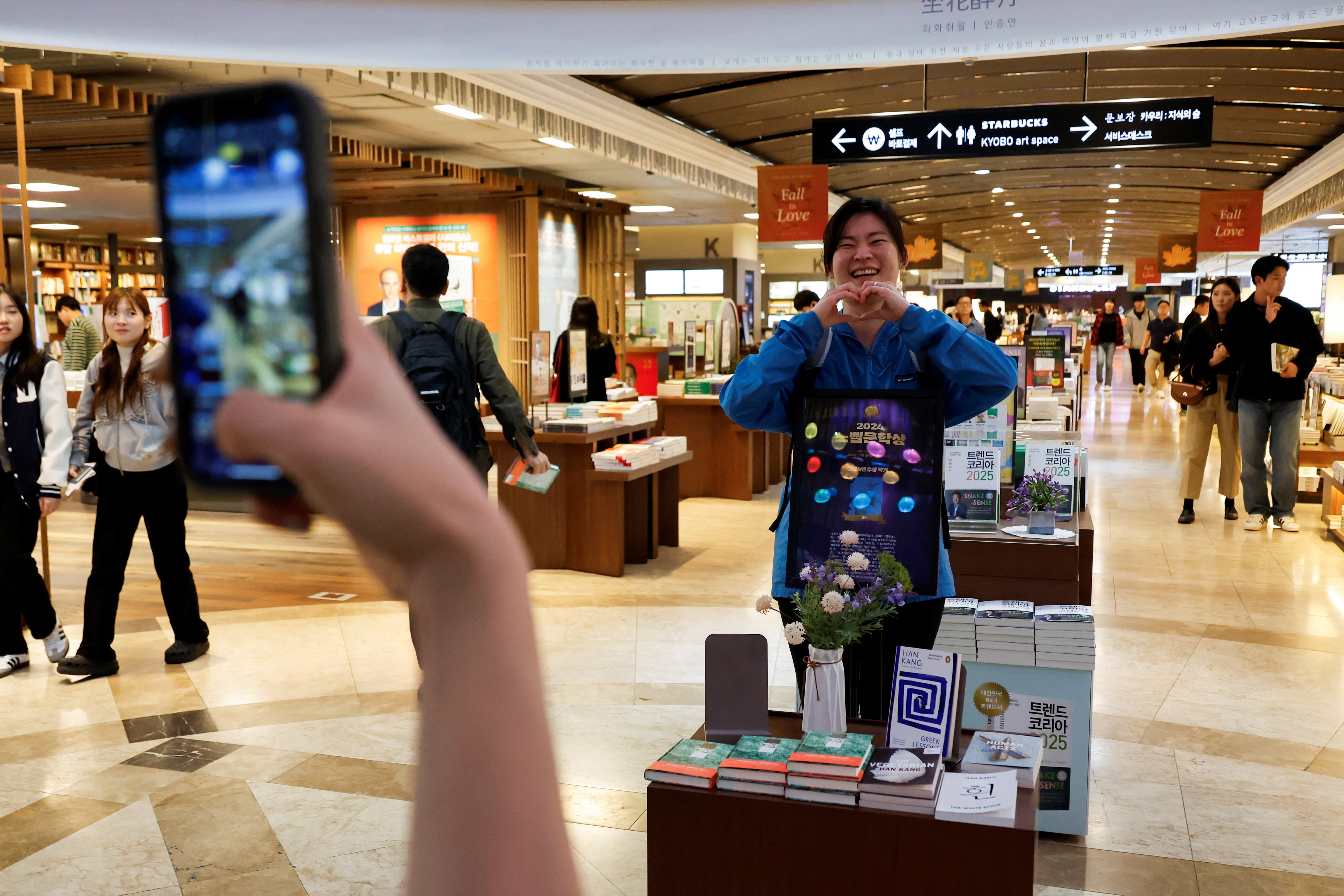The Nobel Prize in Literature awarded to Han Kang confirms an undeniable and unstoppable trend: South Korean soft power continues to grow and the country’s culture continues to set new milestones.
The Korean wave covers all types of cultural sectors. The first non-English language film to receive the Oscar for best picture was Parasites. BTS and Blackpink are among the most popular pop music groups worldwide. The squid game and other South Korean series are among the most viewed on Netflix. The webtoons, Originally from South Korea, they have millions of followers around the world. No trendy restaurant worth its salt can avoid having a dish that includes kimchi.
What is the reason for the brutal success of the culture of a country that until just three decades ago could not be considered developed and that has a language that is difficult to learn? Above all, the South Korean success demonstrates the advantages of letting artists develop the cultural products they see fit. Until the 1980s, South Korea was a dictatorship that practiced censorship on its artists. It is not surprising that their culture was largely unknown, even among their Asian neighbors.
In the 90s, the democratic transition brought freedoms similar to those that Spain began to enjoy after its own transition. In the middle of the last decade of the last century, South Korean culture had already begun to conquer China, Japan, Taiwan and Southeast Asia. Korean artists could use their creative power to address any type of issue, topics as universal as love, inequality or feminism. The Korean wave had begun.
Today, very few people have any knowledge about contemporary Chinese culture. Let alone the culture of North Korea, which is the object of ridicule due to its eccentricities and manifestations typical of a communist dictatorship. The contrast between these two countries and their neighbor South Korea could not be greater.
Likewise, the current push for South Korean culture is also due to the Government’s work in promoting the country’s artists and cultural products. We are talking about a State policy focused on investment in the cultural sector, education in the arts and humanities or promotion abroad through fairs, concerts and other types of events. Artists and the private sector dominate and lead the cultural sector in South Korea. But the push of the State is undoubtedly helpful.
Let’s take the example of South Korean literature. South Korean writers began to address all kinds of topics after their country’s democratic transition. But who was going to read books written in Korean? Few people outside the country. So the Government got to work. In 1996, he opened the Korea Literary Translation Institute to facilitate the translation of South Korean literature into foreign languages. Likewise, the Korean cultural centers that the Executive began to open around the world frequently organize talks by South Korean authors. And the South Korean Ministry of Culture leads campaigns to try to have literary festivals around the world have South Korea as a guest country.
Han Kang’s Nobel Prize confirms that the talent of South Korean artists to deal with themes with which we all identify triumphs. And a State policy of support for culture helps to universalize the culture of a country.

